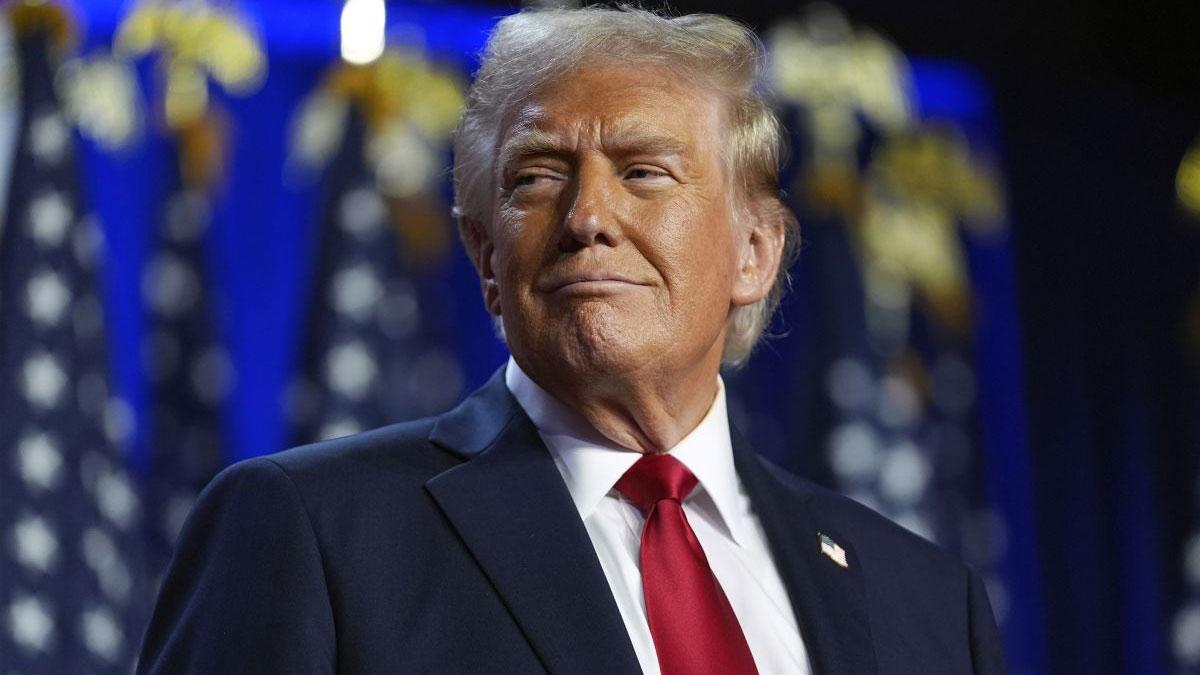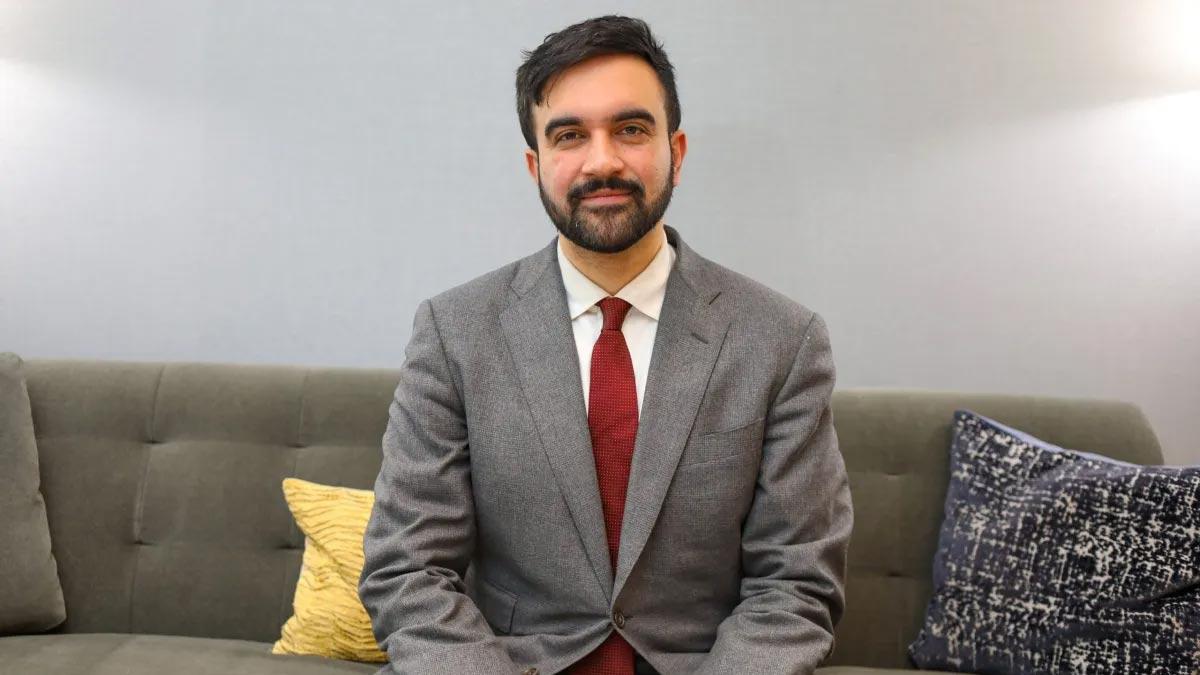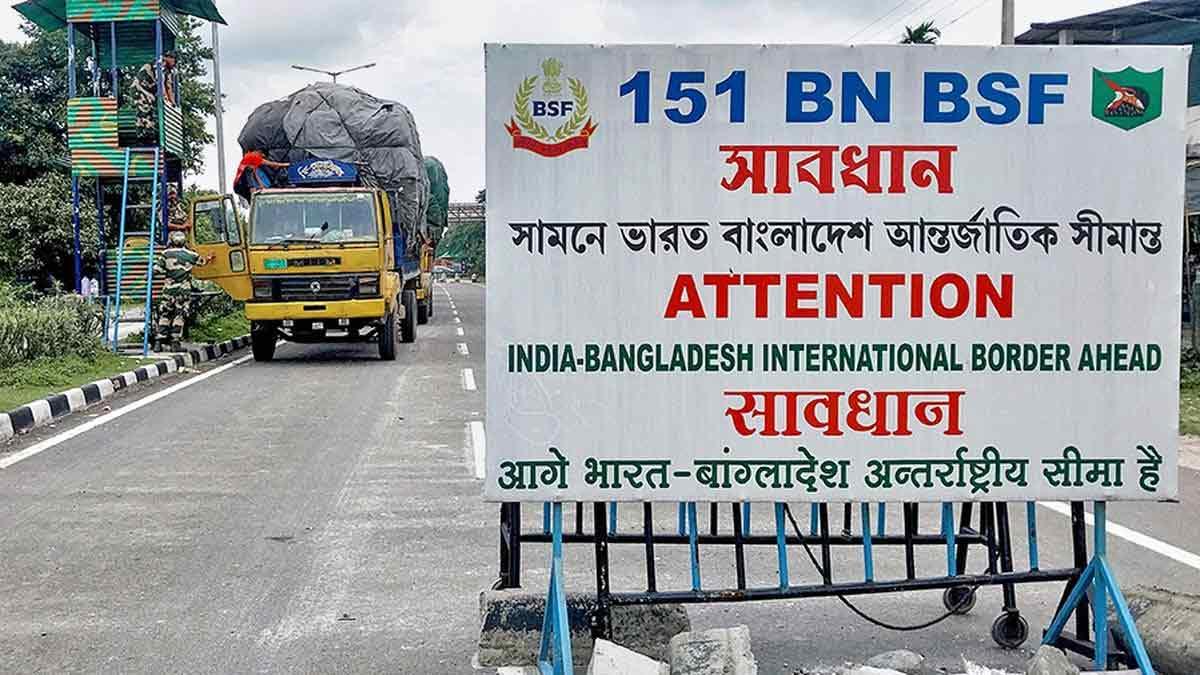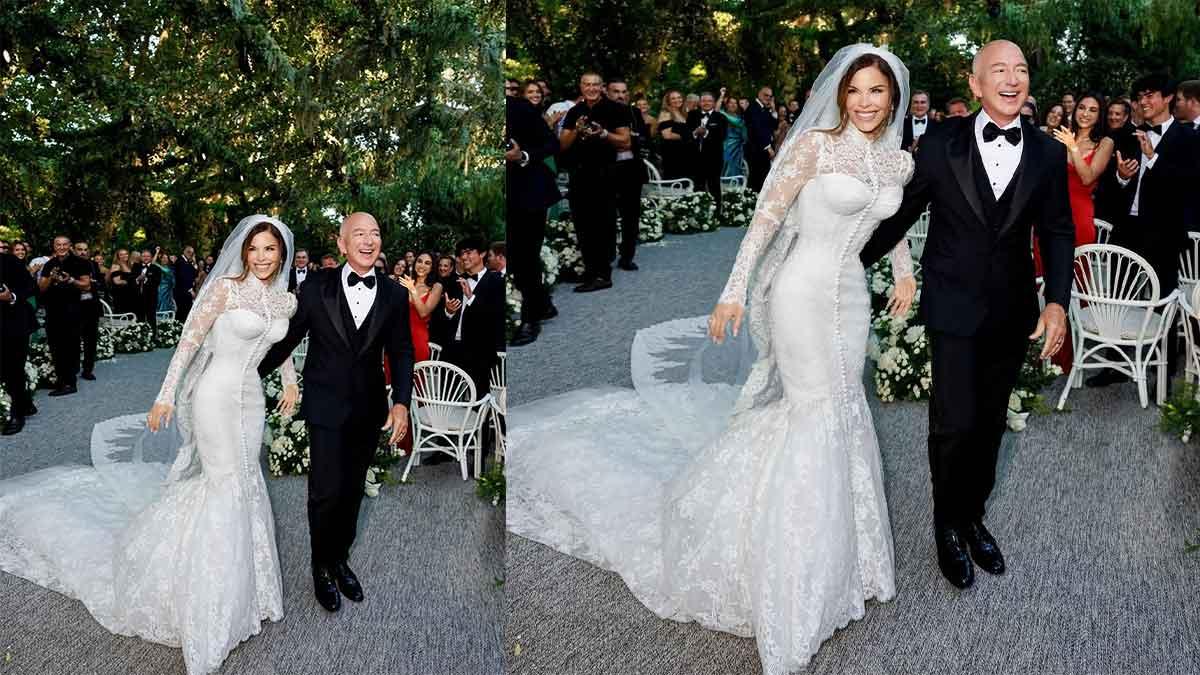In a historic 6–3 decision, the U.S. Supreme Court ruled that district courts may not issue blanket injunctions against executive measures—essentially paving the way for President Donald Trump's executive order to abolish birthright citizenship to proceed.
The ruling, falling under ideological lines, upheld the Trump administration's motion limiting the jurisdiction of lower court decisions. The ruling was covered by Xinhua News Agency.
"Federal courts do not have general superintendence over the Executive Branch," wrote Justice Amy Coney Barrett for the majority. "When a court concludes that the executive branch acted unlawfully, the solution is not for the court to transcend its role, too."
The three liberal justices disagreed forcefully. Justice Sonia Sotomayor stressed, "Children born in the United States and subject to its laws are United States citizens," reaffirming a constitutional understanding that has been long established. She went on to say, "That has been the legal rule since the founding."
Sotomayor decried the ruling, calling it "The gamesmanship in this request is apparent and the Government makes no attempt to hide it." She added that the majority did not touch the constitutional validity of the executive order but merely the power of the courts to order blanket injunctions.
The Trump administration embraced the ruling. President Trump declared it a "giant win" in a Truth Social post and later termed it a "monumental victory for the Constitution" while addressing the White House.
Vice President JD Vance seconded Trump's commendation, tweeting on X, "A giant decision by the Supreme Court, spanking the absurd procedure of nationwide injunctions. Under our system, everybody has to obey the law — including judges!"
Florida Attorney General Pam Bondi also had something to say about X, saying the Supreme Court "told the district courts to STOP issuing the relentless stream of nationwide injunctions against President Trump." She further stated that the Department of Justice would "vigorously defend" the president's powers and policies.
In turn, civil rights groups said they filed a new class action complaint and motion for a temporary restraining order to prevent Trump's executive order from taking effect. The news came at a press conference by groups that had already sued to block the policy, NBC News reported.
William Powell, the Institute for Constitutional Advocacy and Protection's senior counsel, explained the change in law: "What the Supreme Court's ruling means is that we have to get that order invalidated using other procedures."
Conchita Cruz, co-founder and co-executive director of the Asylum Seeker Advocacy Project, explained the confusion and worry among immigrant families. "It is a confusing time for immigrant families as they see the news and are not necessarily certain what it means, or how it might affect them," she said to NBC News.
The National Latina Institute for Reproductive Justice voiced firm opposition on X, stating: "We are outraged — and we're not backing down. Immigrants and their families deserve protection, dignity, and justice. We will continue to speak out, organize, and fight for our rights."
Legal commentators have characterized the ruling as a dramatic realignment of judicial authority. The Supreme Court has "essentially tipped the balance of powers from the courts to the president," said an elder legal commentator to CNN. Added Elie Honig, a former prosecutor, that it will be "more burdensome" for plaintiffs to dispute executive actions in court.
Trump signed the executive order on January 20, his first day in office, calling on federal agencies to no longer accept children born in the U.S. after February 19 as citizens, unless one parent is a U.S. citizen or lawful permanent resident.
The decree was quick to attract legal opposition from more than 20 states and various civil rights groups, who said it constituted a blatant breach of the 14th Amendment. The Constitution provides that "all persons born or naturalized in the United States, and subject to the jurisdiction thereof, are citizens of the United States."
Trump's lawyers have contended that the wording "subject to the jurisdiction thereof" has long exempted individuals born in the U.S. to non-resident, non-citizen parents from being granted automatic citizenship.
Before the Supreme Court ruling, federal judges in Maryland, Washington, and Massachusetts had imposed nationwide injunctions preventing the order's enforcement.
Read also| Carney Calls Canada–U.S. Trade Negotiations ‘Complex,’ Vows to Press Ahead
Read also| Report: U.S. Strikes on Iran Left Nuclear Sites Intact


















